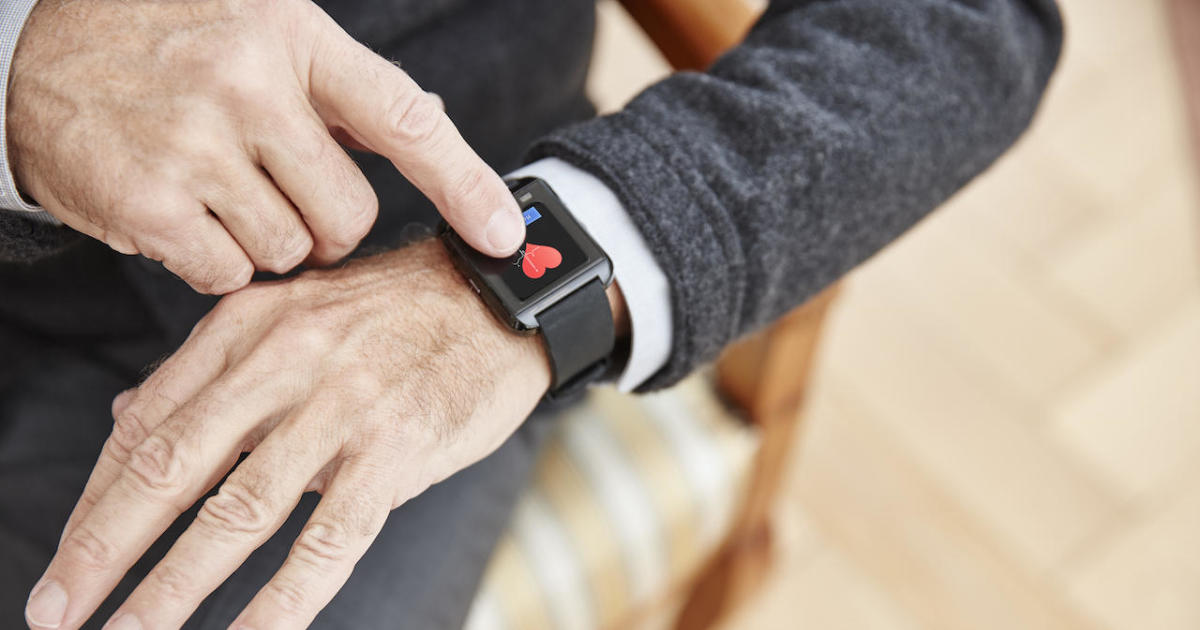The world of health tech has advanced significantly, extending beyond mere step tracking with devices like the Apple Watch, Garmin trackers, and even trendy rings and straps. These devices offer a wealth of health data, allowing individuals to gain insights into their well-being. Doctors, however, emphasize the importance of using this data intelligently and not solely relying on these gadgets for diagnoses.
Key Health Metrics to Monitor
Dr. Davin Lundquist, a family physician and chief medical officer at Augmedix, highlights the positive impact of increased awareness of health metrics through technology. He notes, “Anytime that we can have a greater awareness of our health and paying attention to it, it tends to influence behavior in a positive way.” Here are four key metrics that doctors recommend monitoring:
Sleep Tracking
Sleep tracking can provide valuable insights into sleep patterns and quality. Dr. Carlos M. Nunez, chief medical officer at ResMed, underscores the need for proper data interpretation. He advises against fixating on specific numbers but instead focusing on larger trends. Consistent sleep tracking helps establish a routine that leads to better concentration, improved productivity, and a more positive outlook.
Heart Rate Tracking
Monitoring heart rate offers insights into cardiovascular health. A lower resting heart rate, within normal ranges, indicates a healthier heart. Lundquist notes, “If you’re doing more aerobic exercise, over time, your resting heart rate should decline. And that would be an indication that your heart is getting healthier.”
Respiratory Rate
Respiratory rate is a crucial metric that can signal potential health issues. Stanford School of Medicine Professor Michael Snyder learned this firsthand when his smartwatch alerted him to unusual changes in breathing and heart rate, indicating the onset of COVID-19 despite a negative test result.
Cardiac Rhythm
Tracking cardiac rhythm, particularly atrial fibrillation (Afib), can alert users to potential issues. Dr. Lundquist shares an anecdote about a patient whose Apple Watch detected Afib, leading to prompt diagnosis and treatment. Cardiologist Dr. Tara Narula emphasizes the significance of Afib detection as it affects millions and increases the risk of hospitalization, heart failure, and strokes. While devices can empower patients, they may also trigger false alarms, highlighting the need for balanced interpretation.
Accuracy and Limitations
While health trackers offer valuable insights, doctors emphasize that these devices should not be considered entirely accurate or a substitute for medical diagnoses. The FDA specifically advises against devices claiming to measure blood sugar without needles, as inaccurate readings can have serious health consequences.
Lundquist acknowledges that the accuracy of smartwatches is continually improving with each generation but emphasizes the importance of user engagement in the process. Additionally, data collection is not continuous as devices require charging, meaning data gaps exist.
Nunez stresses that trackers should not be used for diagnosing serious sleep or health issues, reiterating that “Ultimately, sleep tracking devices can help to empower users to set and achieve health goals but are not a substitute for formal diagnosis or professional medical care.”
Enhancing Patient-Doctor Collaboration
Health trackers, when used responsibly, can strengthen the partnership between patients and doctors. Lundquist envisions a future where patients bring their health data to appointments, allowing for collaborative insights and potential interventions.
Takeaway Points
- Health trackers offer valuable insights into sleep, heart rate, respiratory rate, and cardiac rhythm.
- Focus on trends rather than fixating on individual data points.
- These devices are not a substitute for medical diagnoses.
- Consult a doctor for any health concerns or abnormal data readings.
- Health trackers can enhance patient-doctor collaboration, enabling a more proactive approach to health management.




